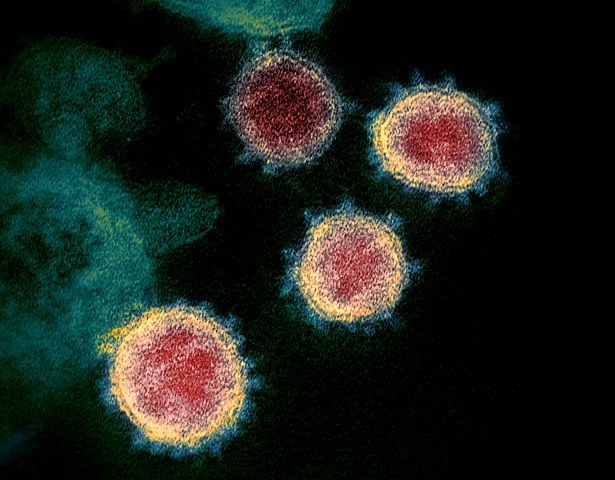Scientists in the Netherlands have found an antibody potentially capable of preventing the disease caused by the new coronavirus (Covid-19).
Cell culture tests conducted by scientists from Utrecht and Rotterdam showed that at least one type of antibody produced by genetically modified mice halted the virus' infection of a cell, meaning it "may offer potential for prevention and treatment of Covid-19."
The scientists used the transgenic mice to produce antibodies with human components in a prior test against SARS, another type of coronavirus which also caused a deadly outbreak in the early 2000s.
Related News
- Tracing: Belgians urged to keep track of their close contacts
- One in five people infected with Covid-19 have no symptoms
- Coronavirus: over 247,000 deaths worldwide
Antibodies created by the mice upon exposure to the SARS virus were frozen and, in the current tests, exposed to the coronavirus (known scientifically as SARS-CoV-2) causing the current Covid-19 pandemic.
"We took the antibodies out of the freezer and watched how they responded to the new virus," Berend-Jan Bosch, associate professor of virology and coronavirus expert at Utrecht University told De Morgen.
One of the antibodies (47D11) worked in the study, effectively preventing the virus, which still managed to attach to the cell, from entering and infecting it.
The study showed that the 47D11 antibody neutralised [both SARS and the new coronavirus (Covid-19)] "through a yet unknown mechanism," the scientists wrote in their study published in the journal Nature Communications.
"This antibody will be useful for the development of antigen detection tests and serological assays targeting [the new coronavirus (Covid-19)]," the scientists wrote.
While the team's finding was an "important first step," Bosch said that there was still a long way to go until their discovery lead to treatment development or could be used on humans. "This is a long-term affair, it will not be available in the coming months."
Gabriela Galindo
The Brussels Times

